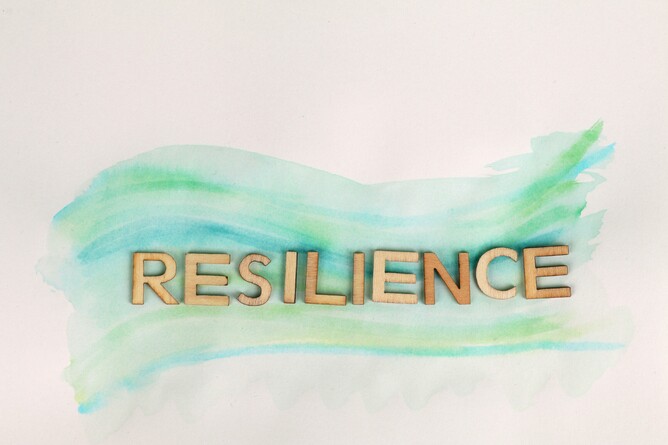Cultivate mental and emotional strength
Life is unpredictable, and we are all bound to face setbacks and adversity at some point in our lives. Whether it's a job loss, a failed relationship, a health issue, or a personal crisis, how we respond to these challenges determines our ability to bounce back and move forward. Developing resilience is crucial to our mental and emotional well-being, and it can make all the difference in how we cope with life's challenges.
The importance of resilience
Resilience is the ability to adapt and recover from adversity, trauma, or stress. It's not about being immune to difficult situations but rather about having the skills and mindset to overcome them. Resilience is not a fixed trait; it's a quality that can be developed and strengthened over time. People who are resilient have a sense of purpose, hope, and optimism that helps them stay grounded and focused during tough times.
Research shows that resilient people have better coping skills, are less likely to develop mental health issues such as anxiety and depression, and have better overall health. They also have more satisfying relationships, better job performance, and are more successful in achieving their goals.
How do you develop resilience?
Building resilience takes time and effort, but it's a skill that can be developed with practice. Here are some strategies that can help you build resilience:
Cultivate a flexible mindset: We all experience bad days and go through our share of crises. But we have a choice in how we respond and your reaction is always up to you. Practice gratitude and see if you can look for the silver lining in difficult situations.
Create meaningful relationships: Having a strong support network of family, friends, or a professional coach can help you feel connected and supported during difficult times.
Take care of your physical health: Eating nutritious food, exercising regularly, and getting quality sleep can help you stay physically and mentally resilient.
Practice self-care: Make time for activities that you enjoy and take time to check in with your priorities and goals in life based on your values and strengths. Practising mindfulness and relaxation techniques can also help reduce stress and anxiety.
Learn from your experiences: Instead of dwelling on your failures or setbacks, try to learn from them. Ask yourself what you could have done differently, and use that knowledge to make better decisions in the future.
Remember, resilience is not about being perfect or invincible, but rather about having the ability to be flexible to handle whatever life throws our way. Resilience won't make your problems go away, but resilience can give you the ability to see past them, find enjoyment in life and better handle stress.
No one is born resilient. It’s a skill you can learn and sharpen.
. . . . . . . . . . . . .
At Flippin Minds we use innovative technology and science-backed tools that help our clients build resilience and boost their capacity to perform at their best.
Our wellness programs are optimised and designed around your individual needs. If you want to create a sustainable lifestyle and improve your health and well-being, we would love to hear from you. Click here to get in contact with us.





